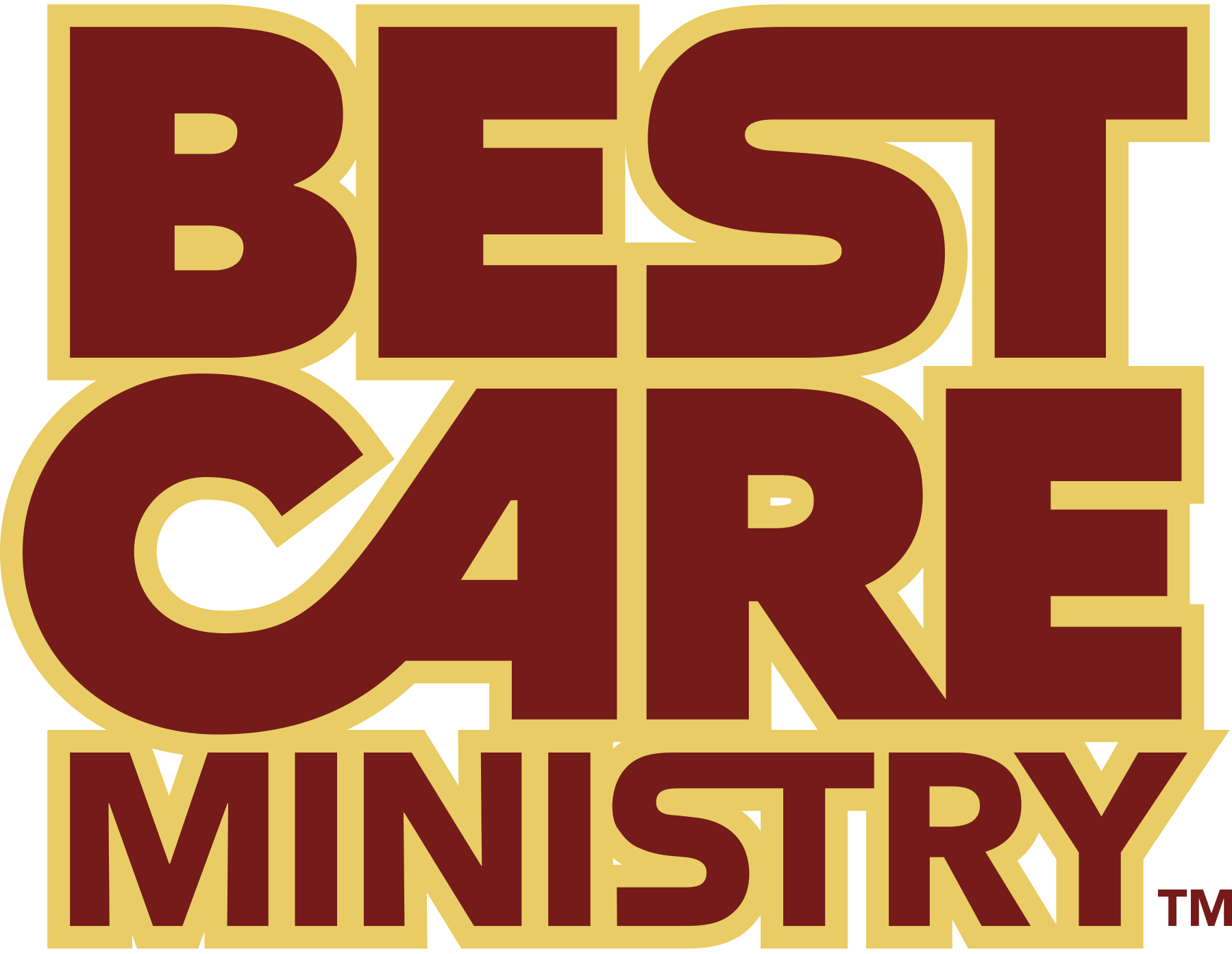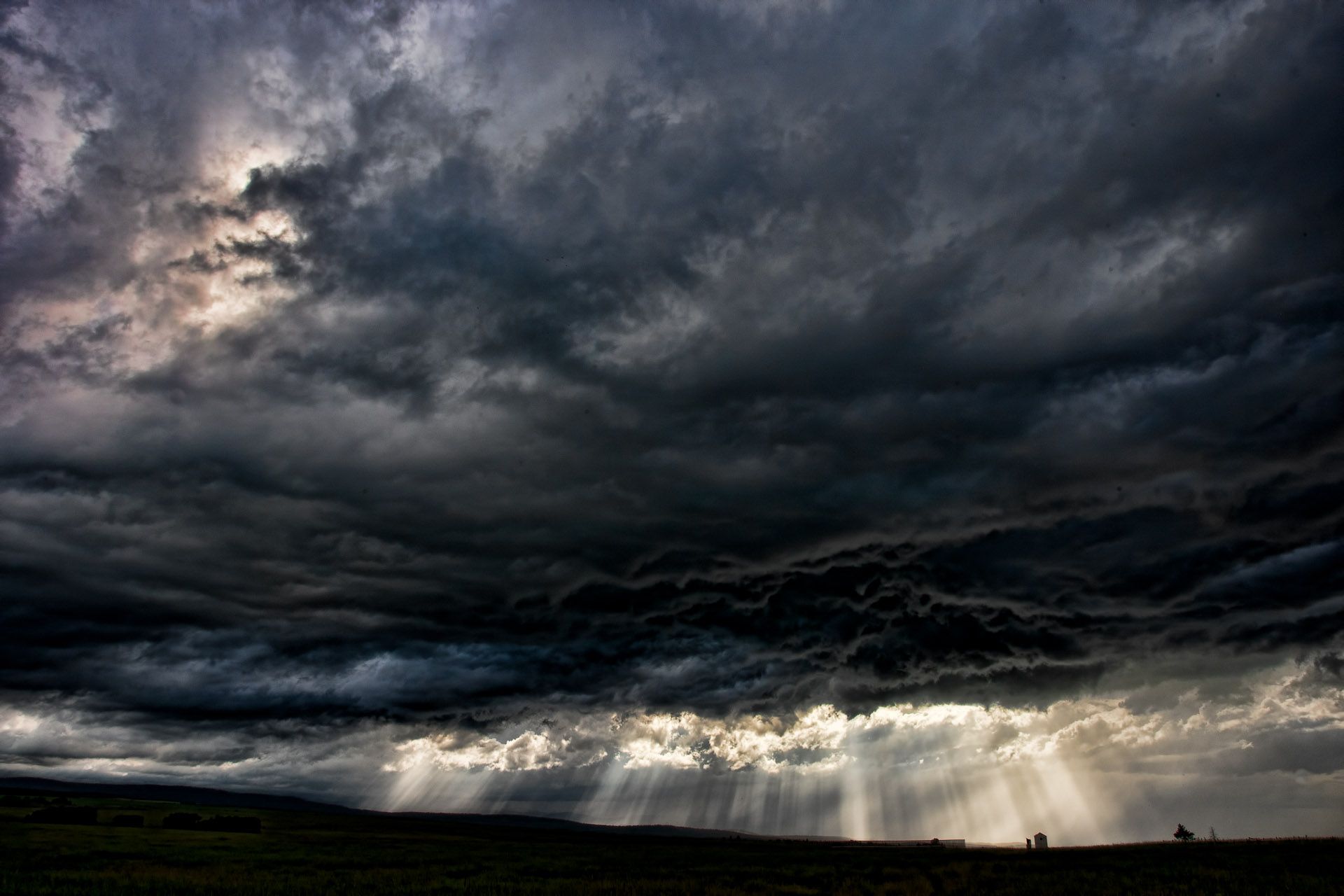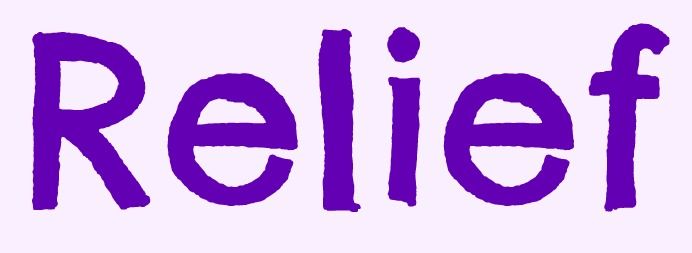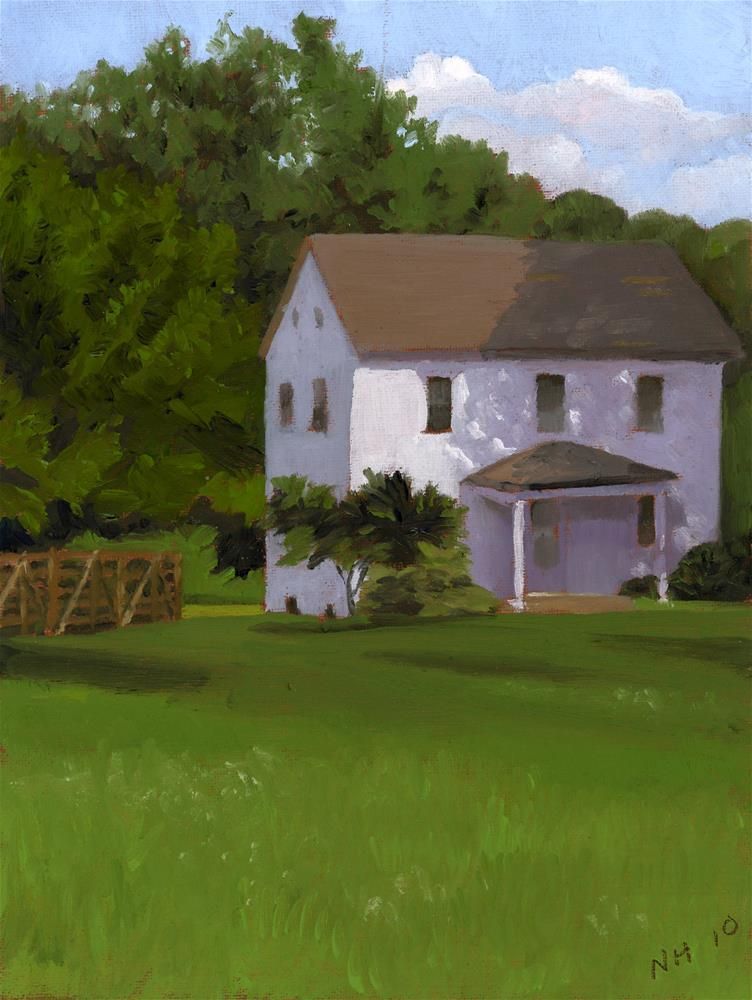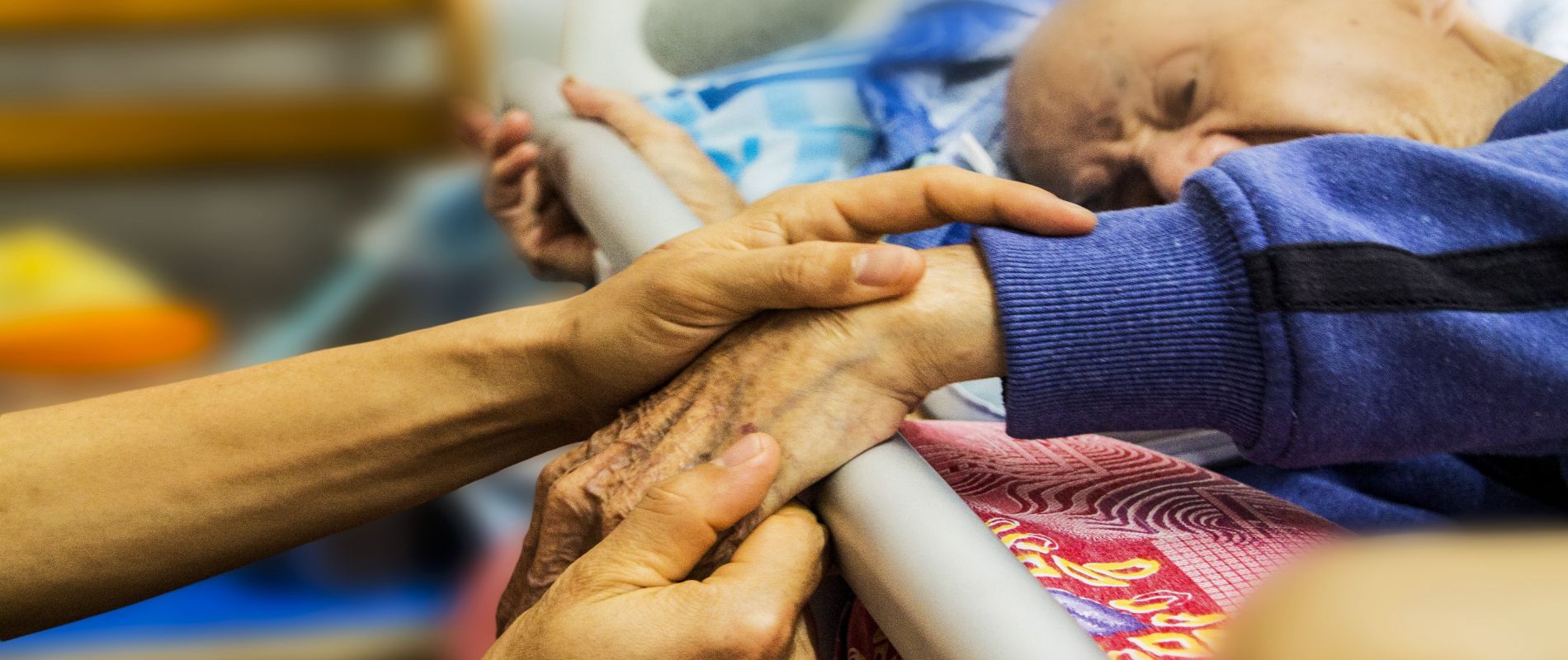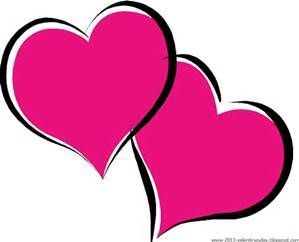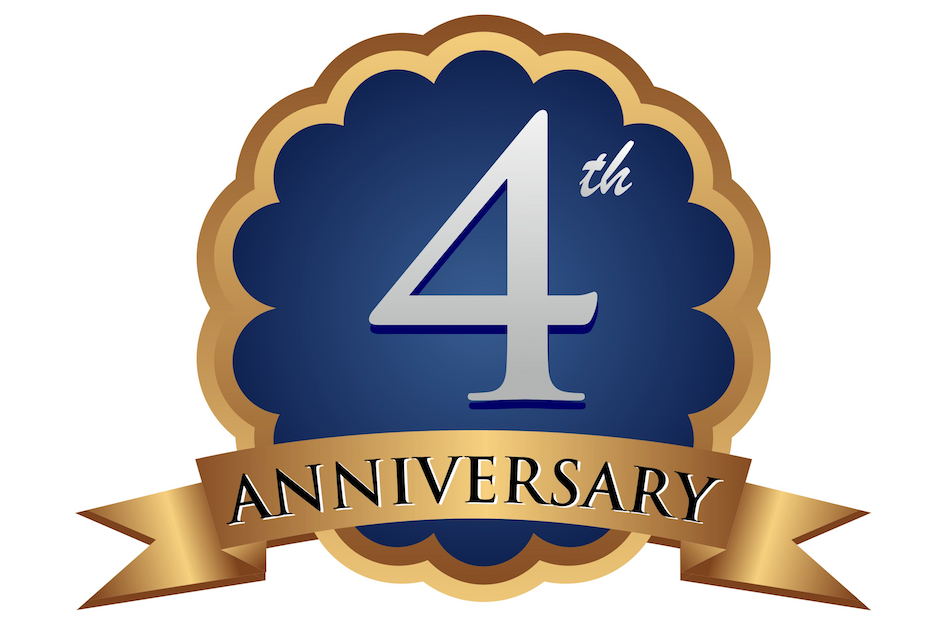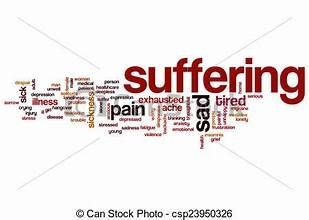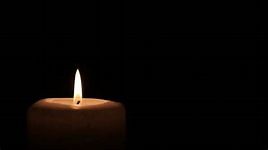"I was trained to be a warrior. That changed who I was."
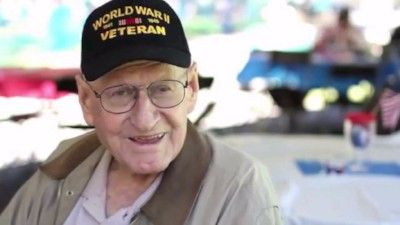
He was proudly wearing his WWII VETERAN cap.
This elderly gentleman was in the lobby of the doctor's office. My wife and I were also there for an appointment.
He seemed jovial as he shuffled with his walker to sit in a chair next to us. I tapped him on the arm to get his attention. When we made eye contact I saluted him and thanked him for his service. "I was only in 3 years," he said. He started listing places he served.
After hearing Normandy, I couldn't concentrate on the other places. I was sitting next to an ordinary man who did extraordinary things. He was part of the greatest generation.
My age had me in the last draft of the Vietnam war. My birth-date drew a high number so I was not drafted and consequently never served in the military. I cannot understand what they have endured but I do realize they like to be recognized and appreciated. My very shy and withdrawn father proudly displayed his POW license plate and loved it when he would get a salute while driving down the road.
Their service is part of who they are.
As care ministers we will have many opportunities to care for veterans, young and old.
- Listening to their story is one way to honor them.
- Another is to help them find places of care that honor and recognize them.
The Denver Hospice, who I was involved with years ago, gives a high priority to Veterans by recognizing their service and expressing appreciation. Nearly 1/3 of their patients are veterans. Maybe a hospice near you does the same. In at least one case they helped a vet receive his medal while at the In-Patient Care Center living his final days on earth. Go their web site and see how far this organization will go to support Veterans. https://thedenverhospice.org/?s=Veterans.
- Read the article at this link to find many more ways to care for veterans.
http://www.military.com/veterans-day/ways-to-give-back-to-veterans.html
"I was trained to be a warrior. It changed who I was."
That is what a veteran, who as suffering from PTSD, much younger than the WWII vet, told me. He went on to describe how serving multiple tours in Afghanistan and Iraq wounded his soul. "Now nobody understands me. It is hard to get along with a sloppy culture."
Most of our veterans want to serve because they love our country, want to protect freedom, and/or do something worthwhile. There may be a part of them that wants to grow up and become strong and disciplined. They are the guy or the girl next door, our sons and daughters, young, vulnerable and full of love and optimism. That is why war causes PTSD, also known as Moral Injury. Because their noble aspirations clash with the terrible reality of war. I contrast that with terrorists who grow up hating, wanting to kill and celebrating while they do it.
Our veterans need to be recognized, as well as their service and why they served. Honoring them helps them heal and find a new place back in their families and our culture.
